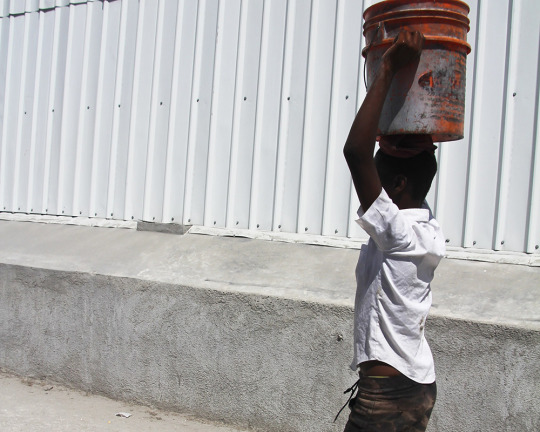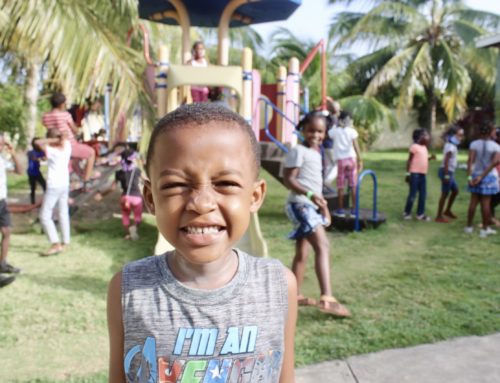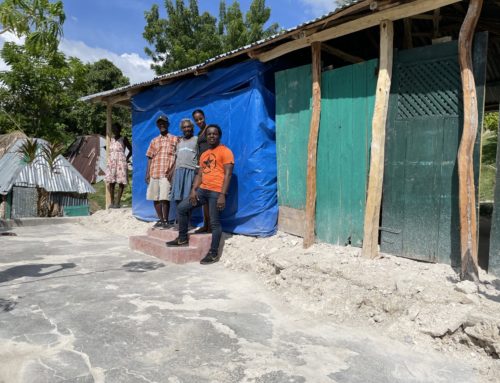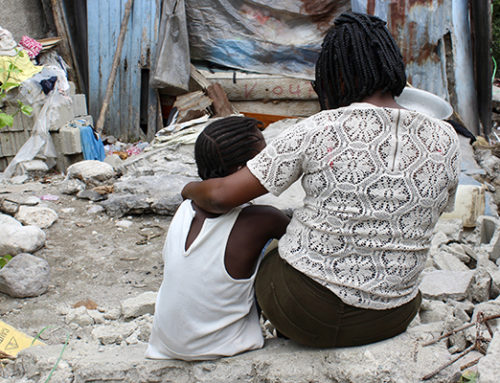
While many
Haitian citizens understand “restavek” all too well, most people outside Haiti
have never heard this word before. The word “restavek”, in Haitian Creole,
means, “to stay with.” While that may
sound innocent, in reality the word carries a much heavier meaning. Here are
seven things to understand about restavek.
1. It is a form of slavery
Restavek is a form of child slavery
common in Haiti. Children are given to relatives or strangers, where they are
expected to execute lowly tasks for no pay.
2. It is a modern problem
Often, slavery is viewed as an 3. It largely affects poor, rural families 80% of Haitian families are living 4. It’s often considered a solution, not a Parents not only view restavek as a 5. It is Children living in restavek are 6. It is physically exhausting A lot of us are fortunate enough to 7. Children in restavek have little hope of a Not only do these children grow up These are just seven of the reasons If you have any Related blogs:
antiquated issue that has long since been resolved. However, that’s not the
case. Slavery exists in many forms today, including sex trafficking, early and
forced marriage, and child
slavery
Child slavery in Haiti is a deeply-rooted problem that is condoned by society
and has been accepted as the cultural norm.
Restavek currently affects one in every 15 children in Haiti.
in poverty. Due to high birth rates, parents have too few resources to provide
for everyone in their family. Families who send their children to live in
restavek are hopeful that, if there is one less mouth to feed or one less body
to clothe, their economic burden can be lifted.
problem
means of relief for their families, but they also believe it sets their
children up for a better future. Since schools in Haiti are generally located
in urban areas, most children in rural families would never have an opportunity
for formal education. Many parents believe sending their children to live with
families in urban areas will give them the opportunity to attend school.
However, children in restavek rarely get this opportunity. They instead spend
their time carrying books to school for other children, and are then forced to
stay outside the gates until the school day is over.
emotionally exhausting
submitted to humiliation on a daily basis. They have nowhere to turn in times
of extreme stress or anxiety. The emotions of children in slavery can be extremely
volatile. One moment, they are worrying that they may not get all of their
chores done and, in the next, running through which punishment they will
receive if they don’t.
work jobs that allow us to rest and recuperate after a day of hard work. Children
in slavery are not afforded this
luxury. Their work begins when the sun comes up, and they spend their days
bearing physical burdens that are extremely difficult, even for adults.
future
with no education, but as they age, they are repeatedly told that they are of
little or no value. The dignity of most children in restavek is stripped from
them, leaving them hopeless and feeling less than human.
why putting an end to child slavery in Haiti is of the utmost importance.
questions, would like to know more, or are ready to join us in the fight
against child slavery, reach out to us at [email protected]. In the meantime,
visit our
website to understand more about restavek and what we are doing to end
slavery in Haiti.









